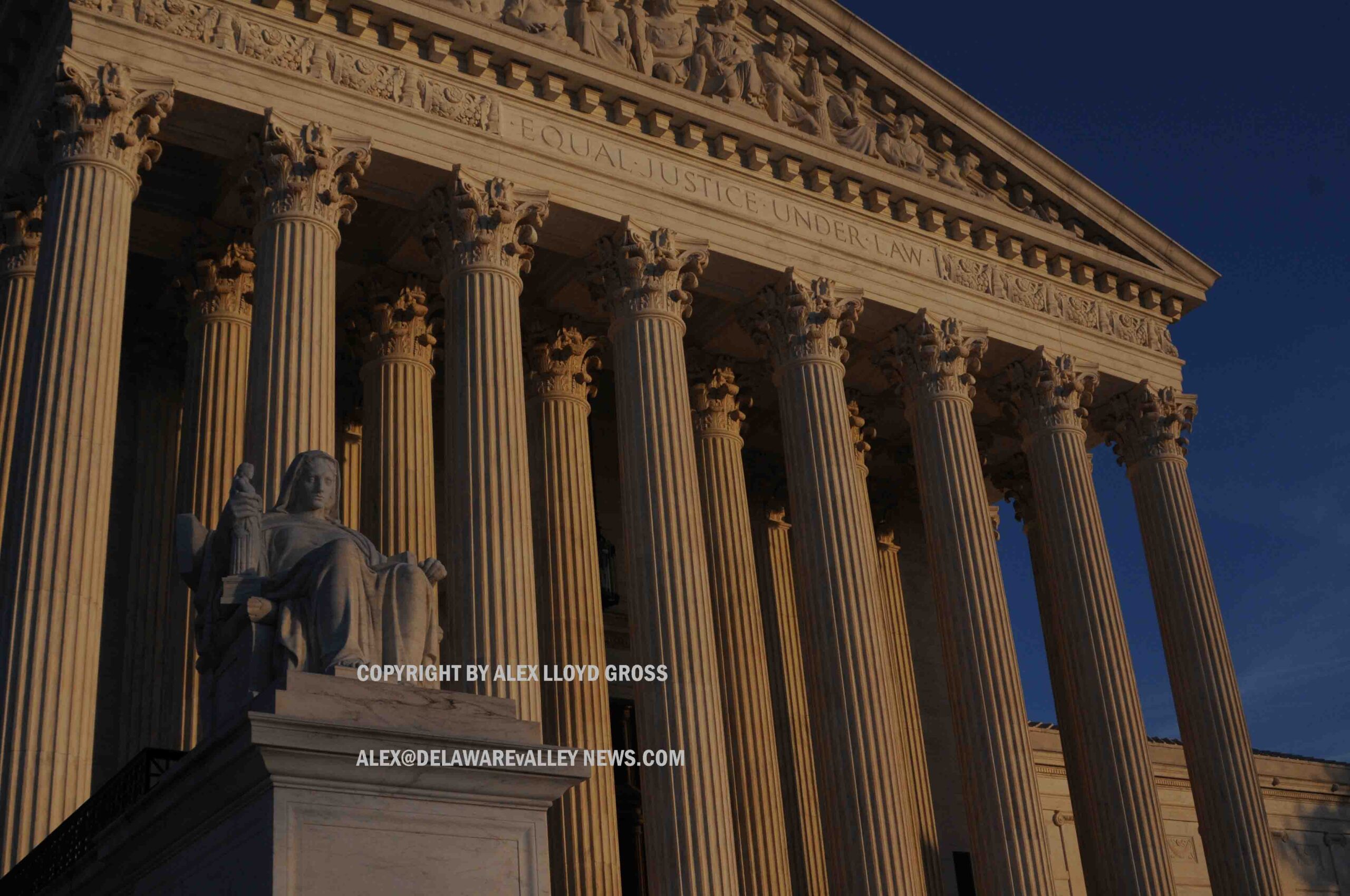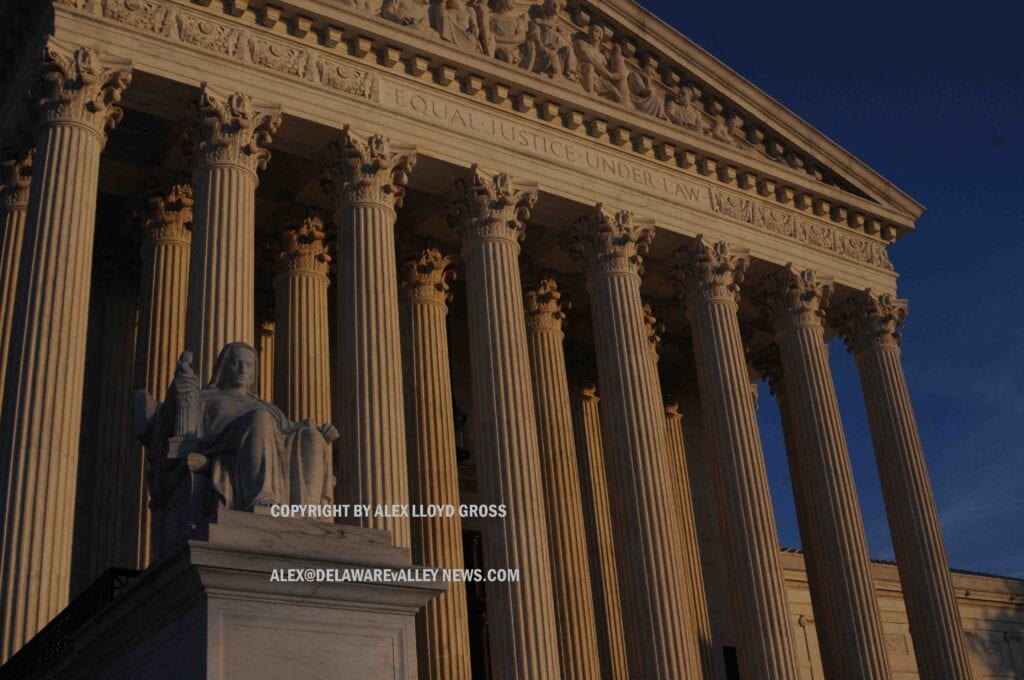
PA Attorney General Fights To Defend Obama Care In Supreme Court

HARRISBURG – Attorney General Josh Shapiro today issued a statement ahead of tomorrow’s oral arguments before the U.S. Supreme Court to defend the Affordable Care Act, which provided the opportunity for 1.2 million Pennsylvanians to accede health care.
The ACA has broadened access to healthcare, supported access to private quality insurance, and Medicaid Expansion has improved accessibility across the states. Today, 331,825 Pennsylvanians have commercial ACA plans purchased on the exchange, and more than 857,000 are enrolled through Medicaid expansion.
“Dismantling the Affordable Care Act in the midst of a resurgent COVID-19 pandemic is not only reckless, but also illegal. Millions of Americans rely on health care they access through the ACA and this vital safety net must stay in place,” said Pennsylvania Attorney General Josh Shapiro, who filed an amicus brief in May in support of the efforts to defend the ACA. “My office stood up for the 1.2 million Pennsylvanians who rely on protections in the ACA — from allowing young adults to stay on their parents health insurance to protections for people with preexisting conditions, from diabetes and cancer to COVID.”

A coalition of 20 states and the District of Columbia is working to defend the ACA, including the law’s protections for people with preexisting conditions, public health investments, and Medicaid expansion, among others. In the midst of rising COVID-19 cases and deaths nationwide, the Trump Administration and the Texas-led state coalition are risking the healthcare of millions of Americans and financial support for states.
“COVID-19 has made one thing undeniable: we must safeguard the Affordable Care Act — lives depend on it,” said Attorney General Becerra. “Every nation around the world has had to confront the devastating impact of the global pandemic. The United States, under President Trump’s watch, continues to set records going in the wrong direction. Millions infected, hundreds of thousands dead. As if on cue, the Trump Administration cavalierly continues its march to dismantle the ACA and strip Americans of their healthcare. We will do everything we can to defeat this unprecedented assault on a critical federal law by a sitting President.”
Every American could be affected if the ACA is destroyed. In particular, the following is at stake:
- Healthcare for the 20 million Americans who are able to afford insurance either through Medicaid expansion or thanks to tax credits and employer-sponsored plans through healthcare exchanges;
- Guaranteed coverage for the 133 million Americans who have a pre-existing health condition, including 17 million kids, and benefit from the law’s protection against discrimination and higher costs based on health status;
- Healthcare for young adults under the age of 26 covered by a parent’s plan;
- Families of children with chronic health conditions who are currently protected from lifetime insurance limits; and
- Funding for our nation’s public health system, including investments in local and state public health systems that help during the pandemic, FDA biosimilars which power drug costs, and more including Medicare payment reforms, Indian health services, and work to fight the opioid epidemic.
In 2018, a Texas-led coalition, supported by the Trump Administration filed Texas v. U.S., arguing that Congress rendered the ACA’s individual mandate unconstitutional when it reduced the penalty to $0 and that the rest of the ACA should be held invalid as a result of that change.
The Fifth Circuit held that the individual mandate is unconstitutional, but declined to further rule on the validity of the ACA’s remaining provisions. The court instead sent the case back to the Northern District of Texas to determine which provisions of the 900-page law are still valid. In January, the coalition filed a petition to the U.S. Supreme Court seeking review of the Fifth Circuit’s decision. The Supreme Court granted review of California v. Texas in March. Pennsylvania and five other states filed an amicus brief in May.
The Supreme Court will hear oral arguments remotely at 10 a.m. Tuesday, Nov. 10.

